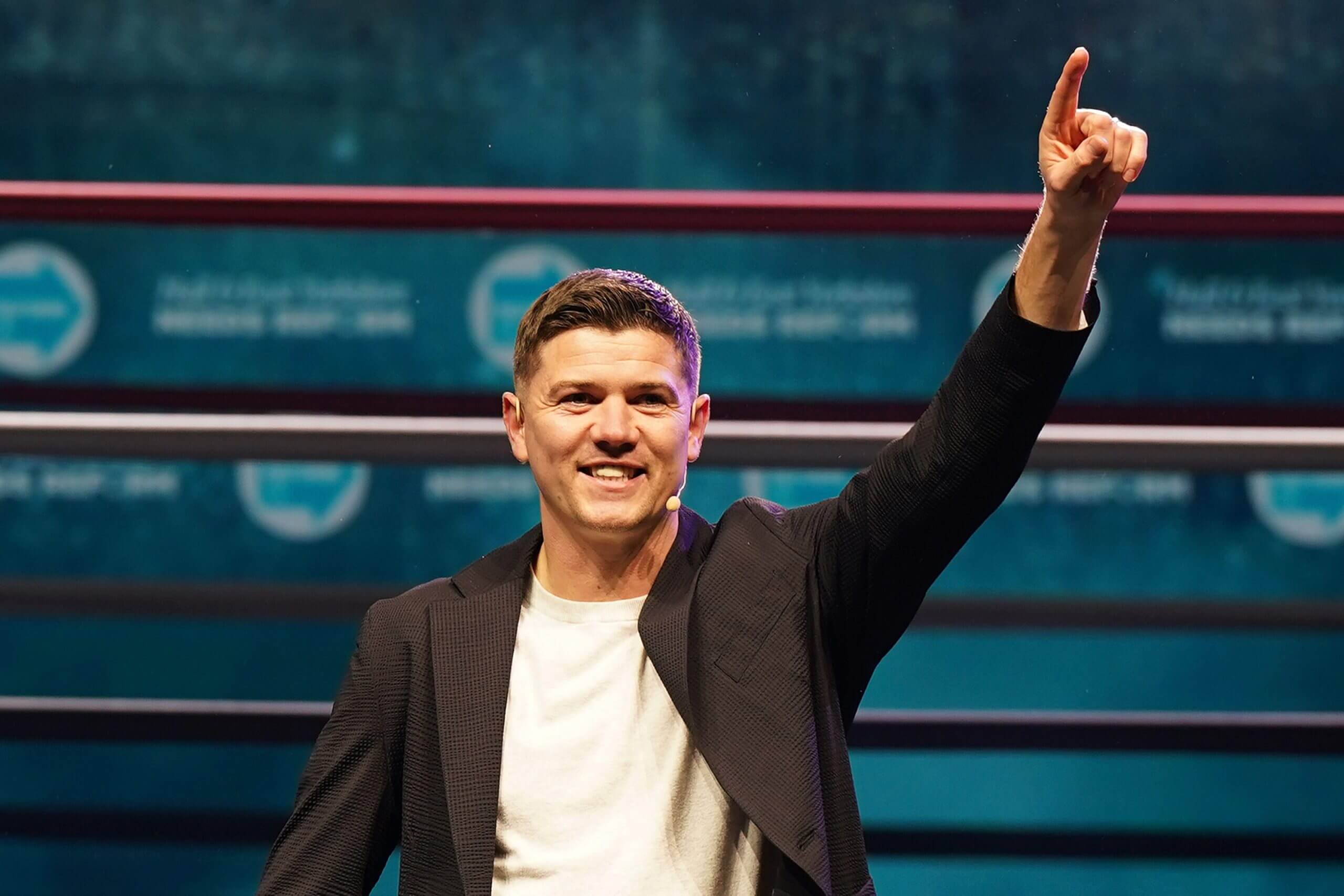
It was just before 5pm when a protracted day of counting drew to its conclusion. Stood opposite an indoor climbing wall and flanked by his five fellow candidates inside Haltemprice leisure centre’s main hall, Luke Campbell was told that 48,491 votes had been won along with the fight to become Hull and East Yorkshire’s first elected mayor.
Advertisement
No opponent had come within 10,000 votes of the political novice best known for winning a gold medal in boxing at the 2012 London Olympics. “Thank you so much to the people of Hull and East Yorkshire for putting your trust and faith in me,” Campbell said on the podium. “I am truly honoured and humbled to have been elected to represent you. I promise I will not let you down.”
Campbell neither looks nor sounds much like a politician. Until this week, he had never voted in an election. “I don’t care for politics,” the 37-year-old former lightweight had said during a televised BBC debate two weeks earlier.
Yet, with the backing of Nigel Farage, an ally of United States President Donald Trump, Campbell has become the Reform party’s latest victory on the UK’s rapidly shifting political landscape. The Liberal Democrats, Conservatives and Labour, the three biggest traditional parties, had been soundly beaten in that order, reflecting a series of local elections across England where voters took a collective step to the right.

Olympic gold medallist Luke Campbell has become Hull and East Yorkshire’s first elected mayor (Ian Forsyth/Getty Images)
Campbell left a stellar boxing career behind when retiring in 2021 but now begins a very different challenge in a world he knows little of. A four-year term will see him control a minimum £13.4million ($17.8m) budget from central government, representing 610,000 people in the region he has always called home.
Strategic decisions will be made on housing, public transport, economic development and regeneration, while Campbell will also be a lobbying figurehead for additional government support from Westminster. The promise was made to “hit the ground running”, with a series of meetings with officials planned on Tuesday.
Campbell also becomes a new poster boy for the ambitions of Reform UK. Comfortably winning the first Hull and East Yorkshire mayoral election was both a measure of the party’s snowballing popularity and the power of celebrity. Campbell’s exploits as a boxer had won him no end of acclaim in Hull, the city that had made him, and he proved to be a name still capable of drawing enormous support.
“A lot of people talked about my lack of political experience,” said Campbell afterwards. “I always thought that was my strength.”
It is no exaggeration to call Campbell one of the UK’s most technically gifted boxers. In the years that led him to Olympic fame in London, the lightweight known as ‘Cool Hand Luke’ had won gold at the 2008 European Championships and silver at the 2011 Worlds, both at bantamweight, with his slick, accomplished style.
Advertisement
The 2012 Olympics were Campbell’s zenith but an eight-year professional career brought a further 20 wins from 24 fights and lightweight world-title contests against Jorge Linares and Vasiliy Lomachenko. Both were lost, as was Campbell’s final fight against Ryan Garcia in Dallas four years ago.
Businesses, including a gym in Hull, have been launched in the post-retirement years but there had never been any ambitions to begin a political career. Even those closest to Campbell would have scoffed at the prospect of him becoming Hull and East Yorkshire’s first mayor when the government signed off a devolution deal last September.
Only on February 27 — nine weeks before polling — was he revealed as Reform’s surprise candidate. Party leader Farage had briefly trailed it as a “knockout” choice on social media before Campbell was unveiled on stage at a ticketed rally held at Hull’s Connexin Live arena. “I want to represent the people in the right way,” he said. Farage had held Campbell’s hand aloft, mimicking a boxing referee signalling a winner.
The reaction was predictably mixed. Plenty in Hull, traditionally a left-leaning city, and its surrounding areas have criticised Campbell’s alignment with a right-wing populist party and its hard-line stance on immigration. Others, as the eventual votes underlined, have been only too willing to show support.
Campbell, for his part, consistently claimed not to be a political animal, insisting his motives would be to serve the best interests of people. “This is why I’m standing: politics gets in the way,” he told the BBC. “It’s people talking to people to benefit the people of this region. That’s it. Why complicate it?”
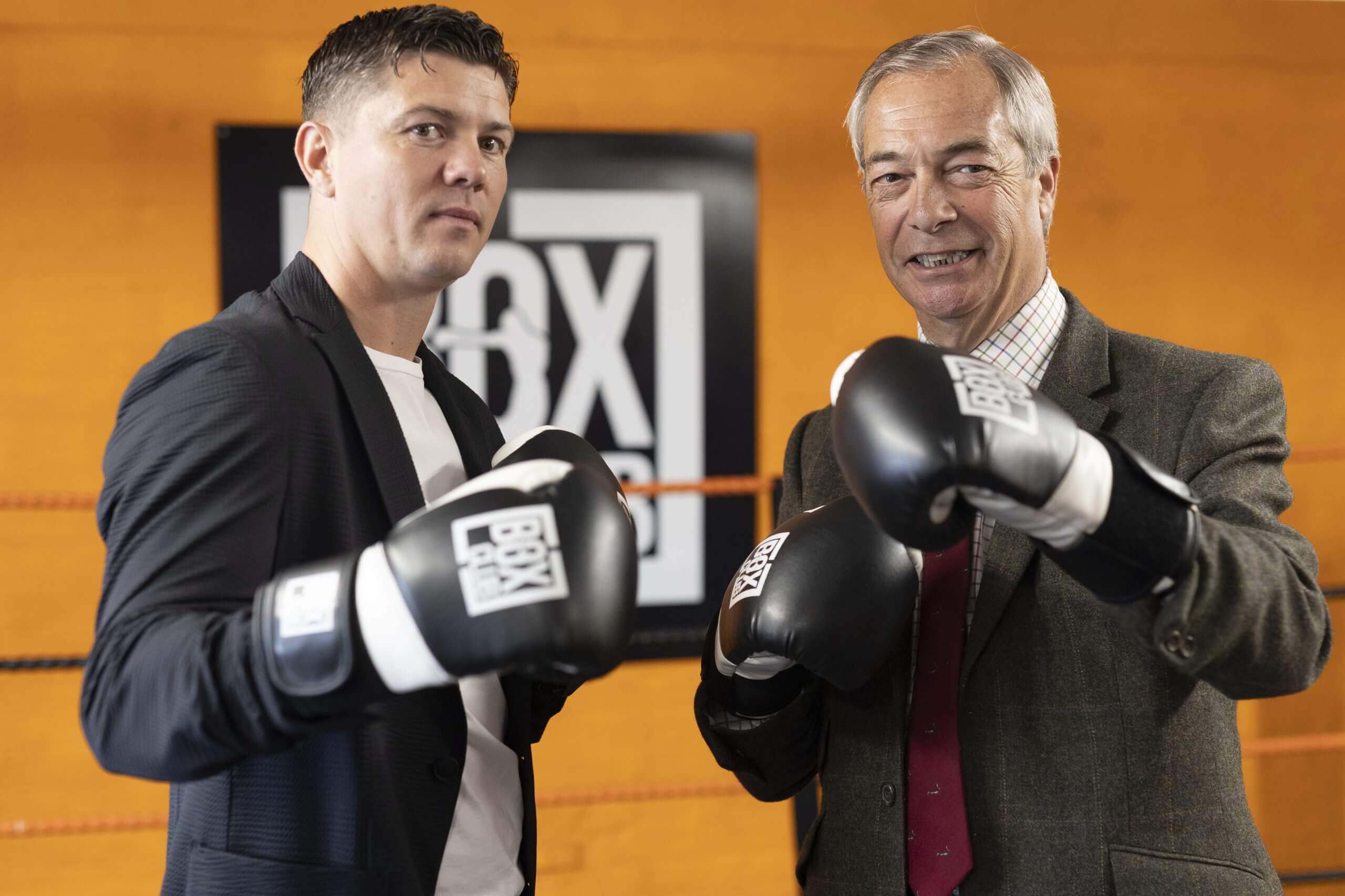
Campbell poses with Reform UK party leader Nigel Farage, right (Ryan Jenkinson/Getty Images)
Farage, only too aware of Campbell’s potential, joined his candidate on the campaign trail and a week before polling, they were together on the streets of Hull and the East Yorkshire market town of Beverley in search of support.
Campbell is known to have struggled with elements of the campaign trail, in particular debating with more experienced political figures and criticism on social media, but the rush of votes sent his way on Thursday saw almost 50,000 of the electorate look beyond his shortcomings. That was 35.8 per cent of the vote and comfortably more than the Conservative and Labour candidates combined.
Advertisement
Long before the result was formally announced, those in attendance were confident of the outcome. Campbell had arrived at the count shortly after Richard Tice, the deputy leader of Reform UK, who had travelled to Hull more in expectation than hope. Dame Andrea Jenkyns being announced as a Reform mayor for neighbouring Greater Lincolnshire that morning had signalled which way the wind was blowing.
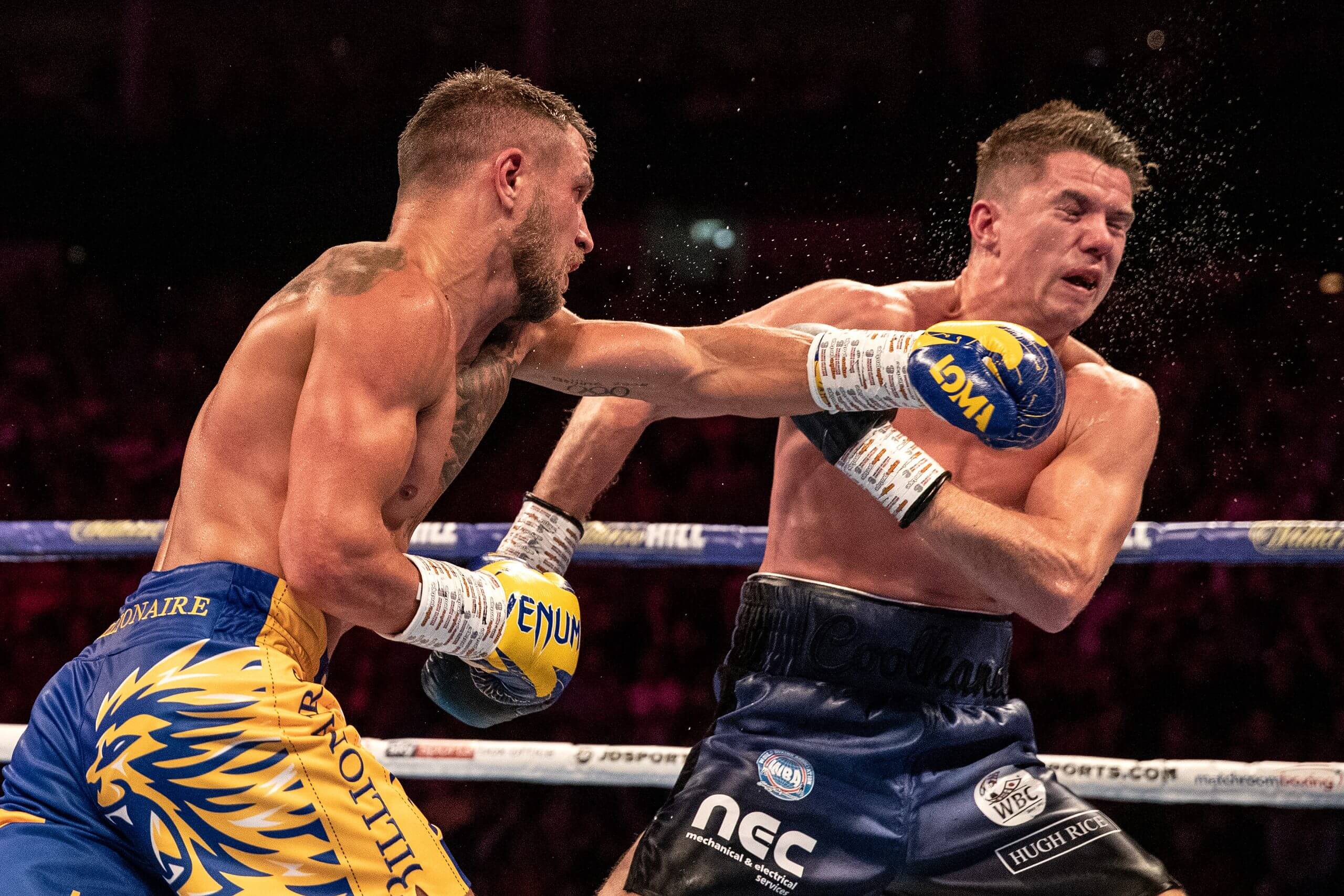
Campbell unsuccessfully challenged Vasily Lomachenko for the WBA, WBO and WBC lightweight world titles in 2019 (Richard Heathcote/Getty Images)
There was a two-and-a-half-hour wait in the sports hall for a nervous Campbell to be declared winner but observers of the count, held on a series of long tables by council staff and volunteers, had seen one pile of forms growing higher than the others.
Campbell had won another very different fight.
“I’ve always said, all the way through my career, that I want my actions to speak louder than my words,” said Campbell on stage. “The people of Hull and East Yorkshire have spoken and now it’s time to deliver.”
Campbell is not the first boxer to have found a political calling. Manny Pacquiao has served in the Senate of the Philippines while Vitali Klitschko has been the mayor of Kyiv since 2014. Campbell says he will “learn as he goes” in a role that is expected to have an annual salary in the region of £80,000.
Reform wishes to transform British politics and now, as unlikely as it might have once seemed, Campbell will be a component for that desired change.
(Top photo: Luke Campbell takes on Ryan Garcia, left, in his final professional fight in January 2021; Tim Warner/Getty Images)
This news was originally published on this post .







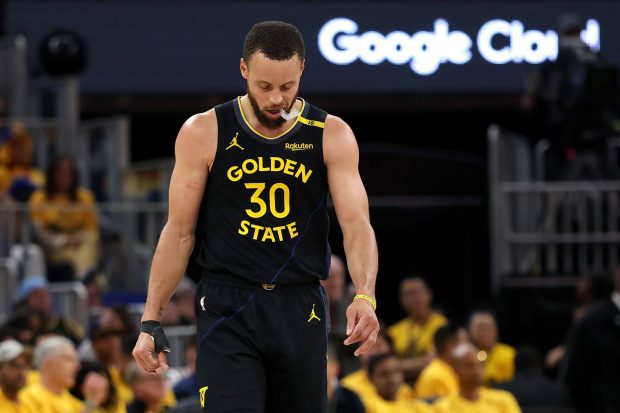
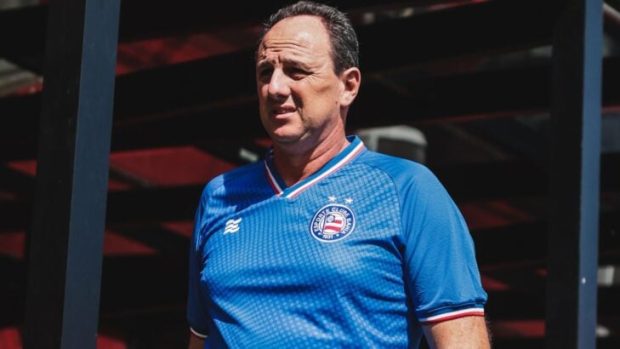
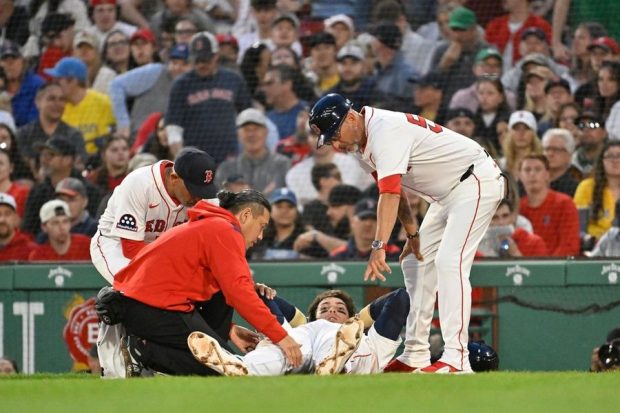

Be the first to leave a comment